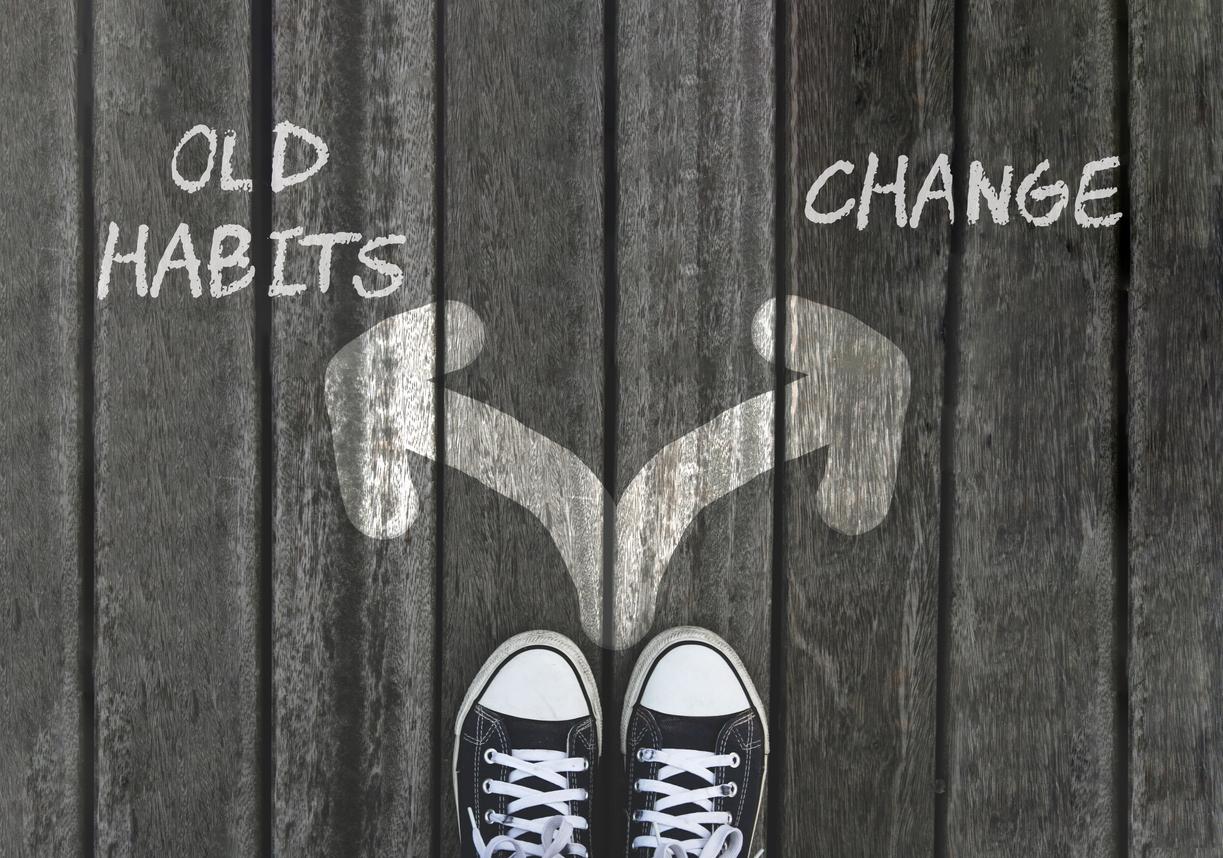Impulsive people who have trouble managing their emotions are more likely to be sleepless, suffer from insomnia and have very early morning awakenings. Learning to control feelings and stress would allow you to regain quality sleep.
Researchers at Örebro University in Sweden conducted a study with 2,333 adults who they had completed questionnaires about the quality of their sleep and their ability to manage their emotions for two years. Scientists sought to understand whether people who are the most impulsive and the least able to control their emotions have a harder time getting quality sleep.
The findings of this survey revealed that people who had lost the ability to manage their emotions were more likely to suffer from insomnia, especially chronic insomnia.
“These results are important because, although the extent of the effects is limited, they suggest that teaching emotion regulation strategies may help prevent insomnia and lower the risk of depression. ‘chronic insomnia,’ says study co-author Markus Jansson-Fröjmark of Sweden’s Örebro University.
Sleep disorders, a public health problem
Sleep disorders today affect 20% of the population of industrialized countries. They are responsible for a large number of health problems. Indeed, sleep deficiency can be responsible for car accidents, industrial disasters, metabolic disorders, and heart problems. In addition, people who lack sleep have a higher risk of developing chronic diseases such as hypertension, diabetes, depression, obesity and cancer. They also experience increased early mortality. More than a third of French people (34%) have consulted a specialist for their sleep disorders, according to a recent poll by Opinion Matters for Withings, a company that manufactures the Withings Aura smart alarm clock.
Read also:
Infographic: what lack of sleep does to your body
Infographic: everything you need to know about sleep
Too much texting interferes with sleep and generates stress
















